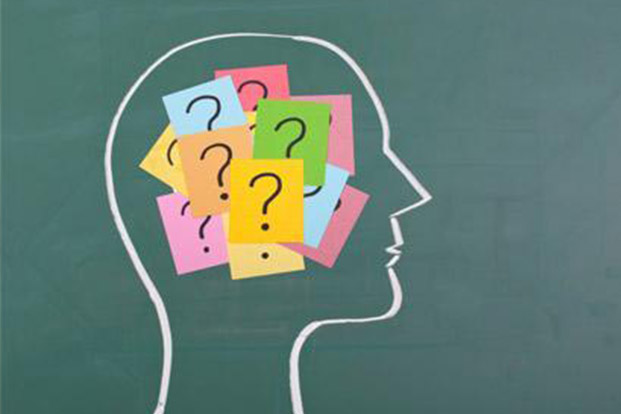When To Seek Help for Memory Loss?
Apr 19, 2022
Forgetfulness is a part of growing old. It is often called an inevitable consequence of ageing. It happens to a lesser extent in some and greater extent in others. So forgetting keys or spectacles shouldn`t be of any concern. This is sometimes also called ‘benign senescence of old age’.
However, in some people ‘benign senescence’ becomes greatly exaggerated. A person may fail to recognize his/her spouse of fifty years and think they are thieves or they may forget their way around their neighborhood and get lost. These activities are of great concern.
Certain behaviors are very distressing to families, particularly inappropriate sexual behavior (undressing in front of guests, or coming out of the bathroom undressed); use of abusive language by a person who is highly educated and held a very senior position in his company and wondering at night (disturbing young children who have to go to school).
As one grows older, one tends to remember old incidents very well, but the person forgets what happened that day or the previous day. Families generally believe that memory/capacity is judged by remote memory not recent memory. So they do not bring their relative to a doctor till some other untoward incidence occurs.

If you observe any of these signs or symptoms in your family member, please seek medical help, as the person may have dementia.
A dementia clinic is held at Paras Hospital from 9 a.m. – 12 noon (Monday – Saturday) under the direction of Dr. Vijay Chandra, senior consultant in neurology, with over 30 years of experience in dementia diagnosis & management.









